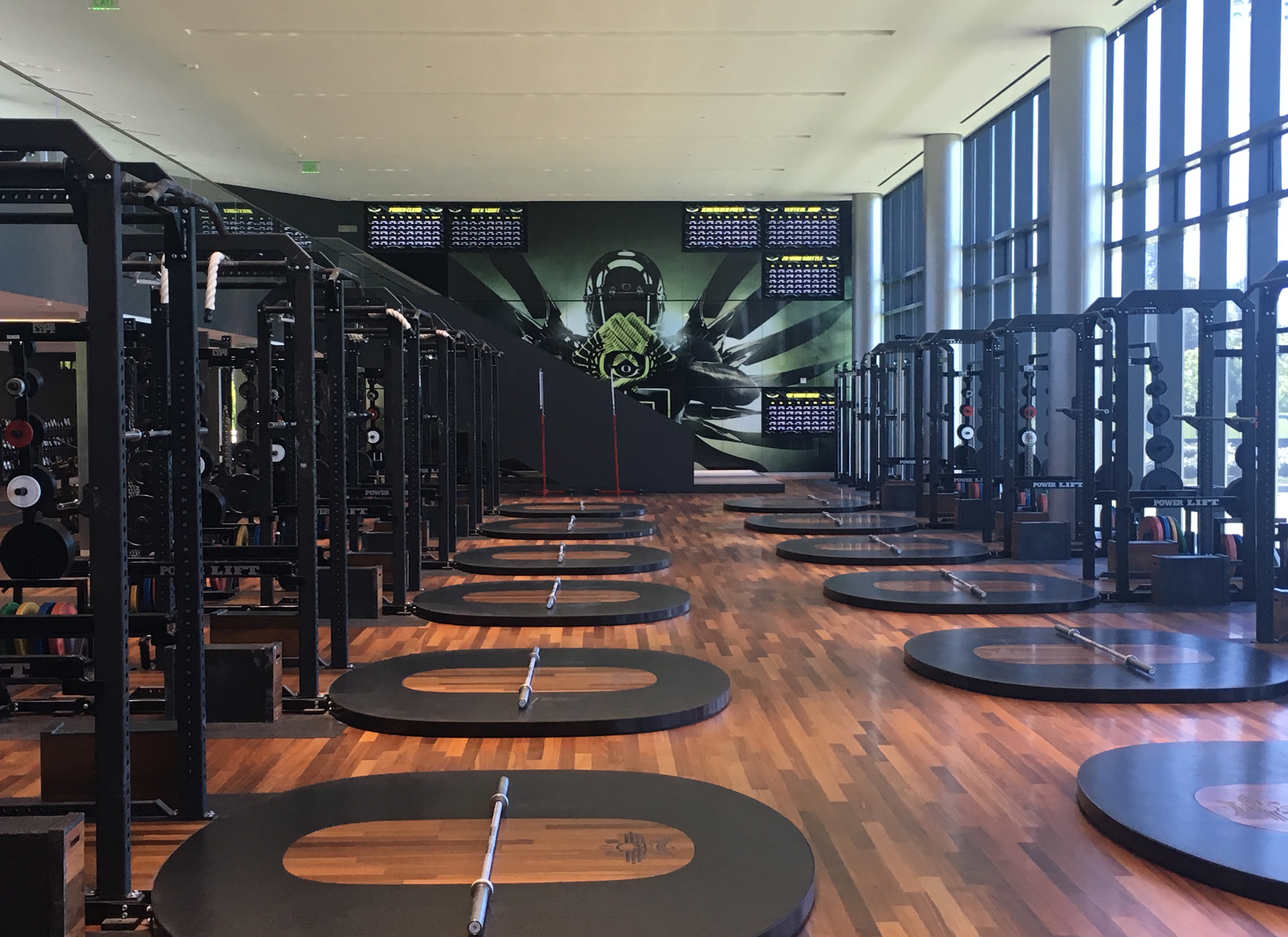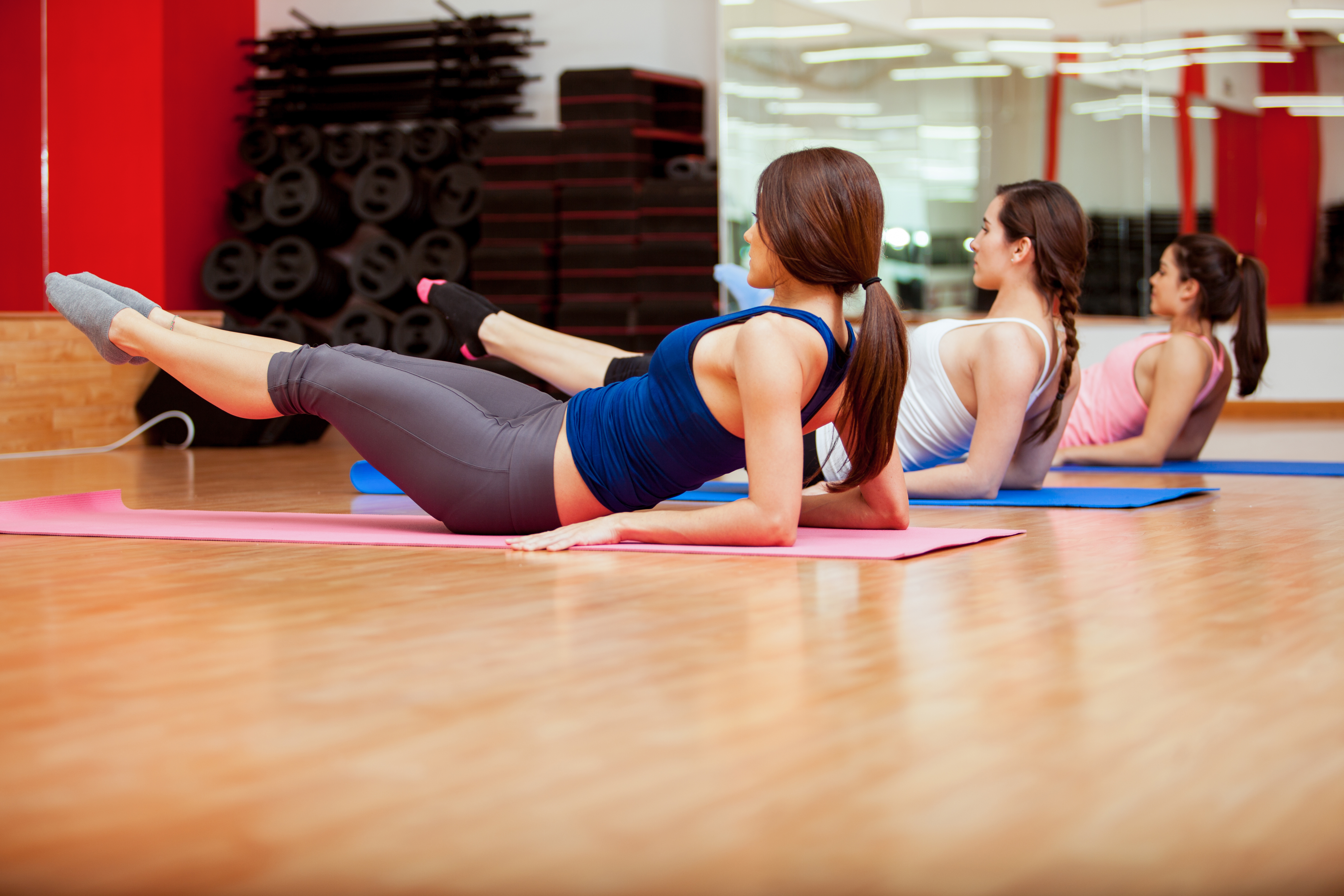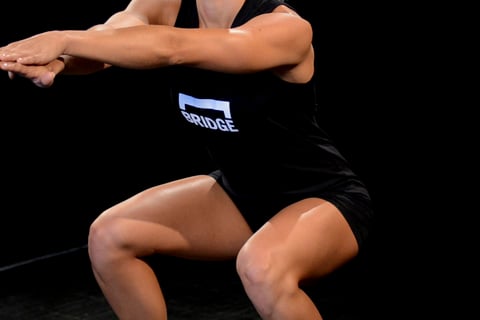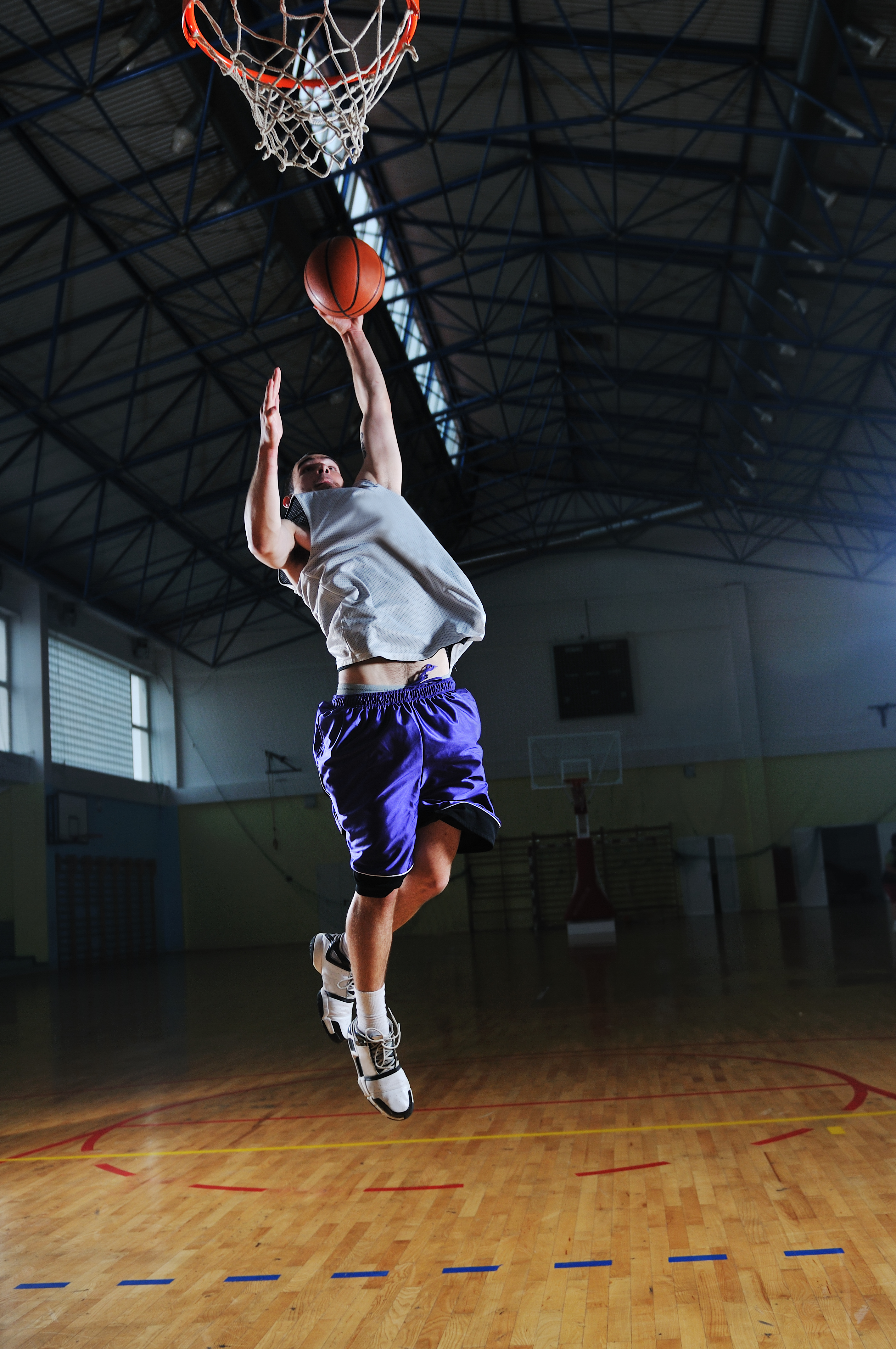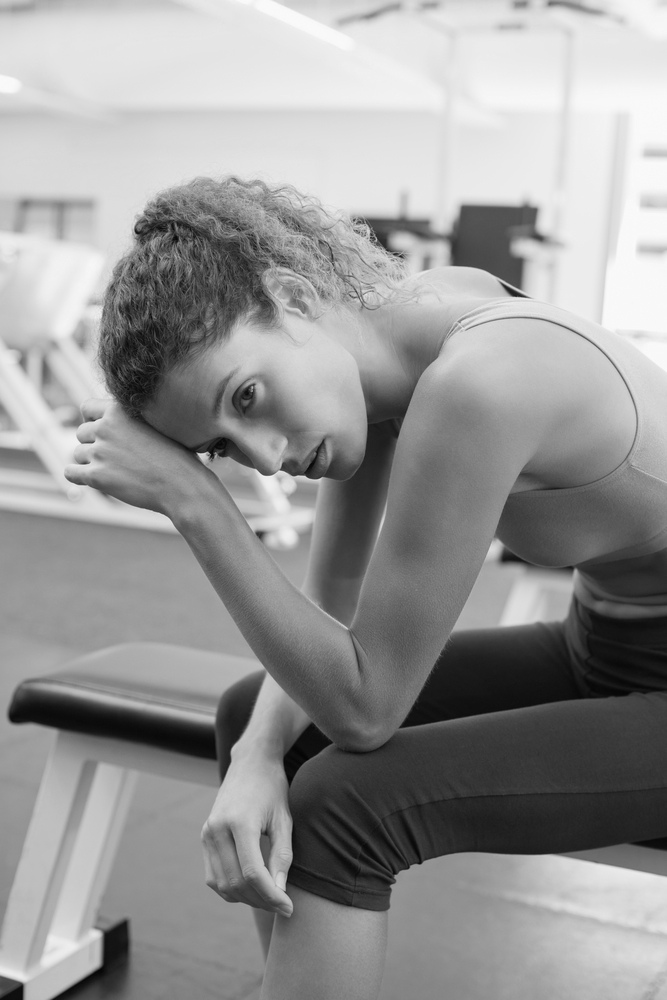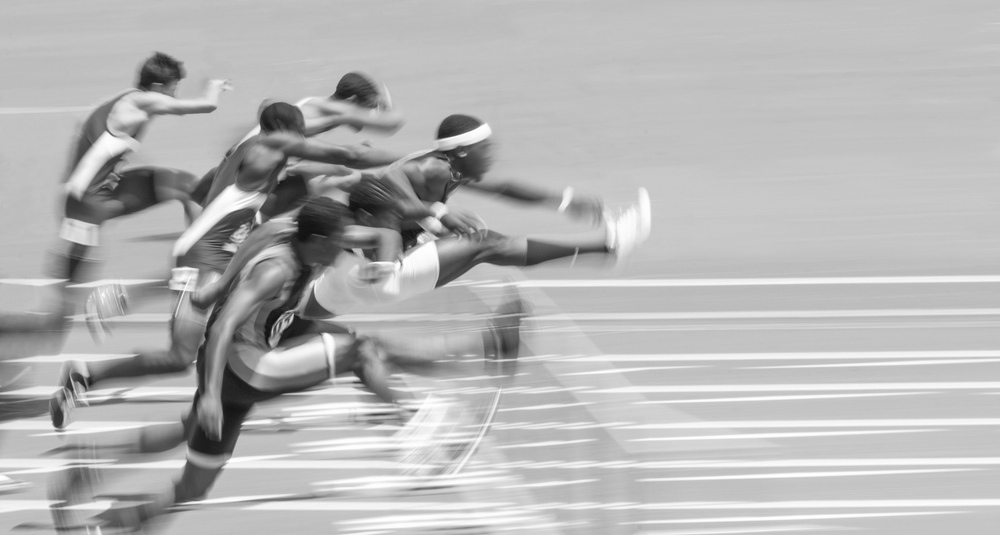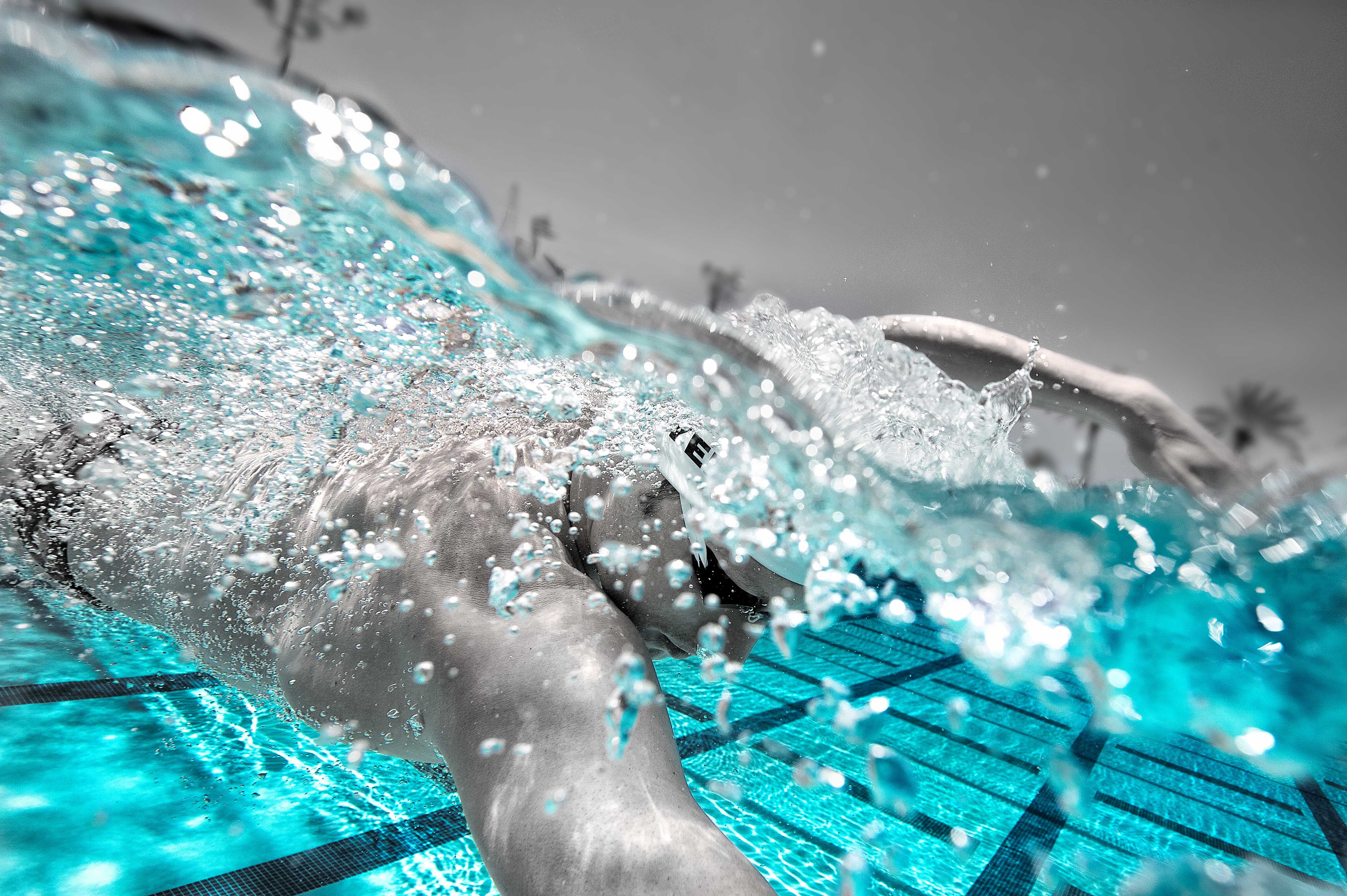With school back in full gear, it’s important for student athletes to maintain balance and perspective throughout their busy schedules. Staying healthy, both physically and mentally, can seem like a challenge in the midst of exams and competitions. Let’s analyze a few helpful strategies that you can use right now to improve how you manage your time and energy.
Your abdominal muscles are critical to your core stability and peak power output. However, not all abdominal muscles can be targeted with the same exercise. The muscles in the anterior (front) of your abdomen vary tremendously. These include the external obliques, internal obliques, rectus abdominis, transverse abdominal muscle, and pyramidalis. With a better understanding of your anatomy, you can focus your strength training on underdeveloped areas. Let’s discuss how to target your lower abs.
Read More
Release 11/20/2014:
Today we are happy to announce that the newest version of the BridgeAthletic app is live in the App Store and on Google Play. Check out some of the new features below:
Glute Activation for Greater Stability | BridgeAthletic
By Megan Fischer-Colbrie on October 13, 2014
Many athletes have naturally over or under-developed muscle groups based on their sport-specific training. Quadriceps dominance, in particular, extends to a variety of athletic endeavors, such as the constant vertical jumping in volleyball or the precise cutting in soccer and other field sports. Because these athletes over-develop and preferentially activate their quadriceps during lower body exercises, the posterior leg does not respond to resistance as quickly. Over time, this movement pattern becomes habit, and the glutes and hamstrings fail to “turn on” since the quads will automatically absorb the load. This uneven strength distribution between the anterior and posterior portion of the upper legs leaves the lower body exposed to injury. Let’s discuss the importance of glute activation for any athlete’s strength training.
Athletes spend a lot of time training. They also spend a surprising amount of time sitting. Regardless of whether you're a professional, masters, or student athlete, you undoubtedly spend quite a few hours sitting—in the classroom, at work, or at home. Many athletes assume that the extensive hours spent training completely counteract this sedentary lifestyle, while in reality, sitting for long periods of time can negatively impact your body and performance regardless of how much or how little you train. Let’s discuss how sitting creates imbalances in your body and the exercises you can do to correct them.
Every taper is unique (and it should be). You are a different age, have trained slightly or dramatically differently than the year before, and may be competing in different events. Your coach knows how you respond to rest and will create the taper you need.
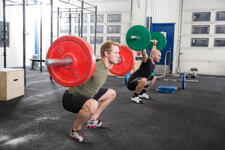
Many swimmers exhibit the common characteristics of athletes who have spent the majority of their athletic development in the water. In particular, hyper-mobile joints are advantageous in swimming, but can be detrimental to strength training on land if the athlete is not mindful of the tendency to hyperextend or hyper-rotate these joints. There is a concern for injury when athletes who have hyper-mobile joints reach their end range of motion during weightlifting because the body is not maximally stable in these extreme positions. This can lead to strains and tears in the joint tissue. Let’s discuss how to recognize hyper-mobile athletes and how they can strength train in a safe and effective manner.
Read More
Think back to this time last year. You were likely gearing up for preseason with all the anticipation, energy (albeit nervous or excited), and mental toughness you could muster to get through a very intense time of the year for swimmers. Second only to the heavy training camps over the holidays, preseason swim training emphasizes cardiovascular fitness and muscular hypertrophy. How you prepare yourself leading up to preseason makes a huge impact on the way you handle the next couple of weeks. Let’s discuss a few tips so you can hit the ground running with training and truly maximize your preseason potential.
Read More
